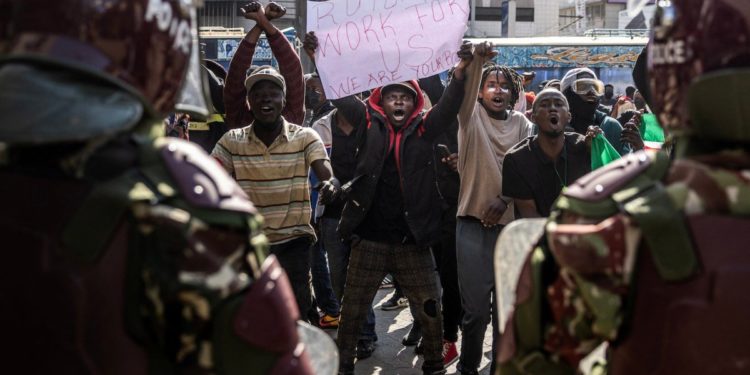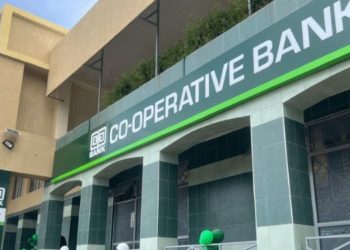In June, Kenyan business activity faced significant headwinds due to widespread economic challenges and protests. Reports indicate a sharp decline in business performance, impacting sales, confidence, and job creation.
The Stanbic Purchasing Managers Index (PMI) fell below the neutral mark of 50.0 to 47.2 in June, signaling a solid deterioration in the health of the Kenyan private sector economy. Notably, this was the sharpest recorded drop in seven months, contrasting with May’s 16-month high of 51.8.
Private sector output dropped markedly in June, in line with a renewed and steep fall in new business intakes. Tough economic conditions, driven by the cost-of-living crisis and protests surrounding the country’s finance bill, hurt sales volumes. However, manufacturing saw a rise in new orders, the only sector to register growth in June.
Despite the downturn, employment numbers continued to rise, albeit at the weakest rate seen in the year-to-date. Kenyan companies faced challenges in expanding capacity due to the drop in sales.
Business confidence slipped to its lowest level since February. The proposed increase in taxes via the Finance Bill 2024 and the widespread protests contributed to uncertainty, leading customers to delay spending decisions.
Kenyan firms experienced a renewed increase in input costs in June. Respondents noted higher taxation on products, offsetting reduced fuel prices. However, the rate of input price inflation remained modest.
Greater availability of raw materials and competition between vendors improved supplier performance. However, delivery times saw a slight increase.
The Kenyan private sector faces significant challenges, with protests, policy uncertainty, and economic conditions impacting business activity. Despite these hurdles, job creation continues, but optimism for the year ahead remains fragile.


















